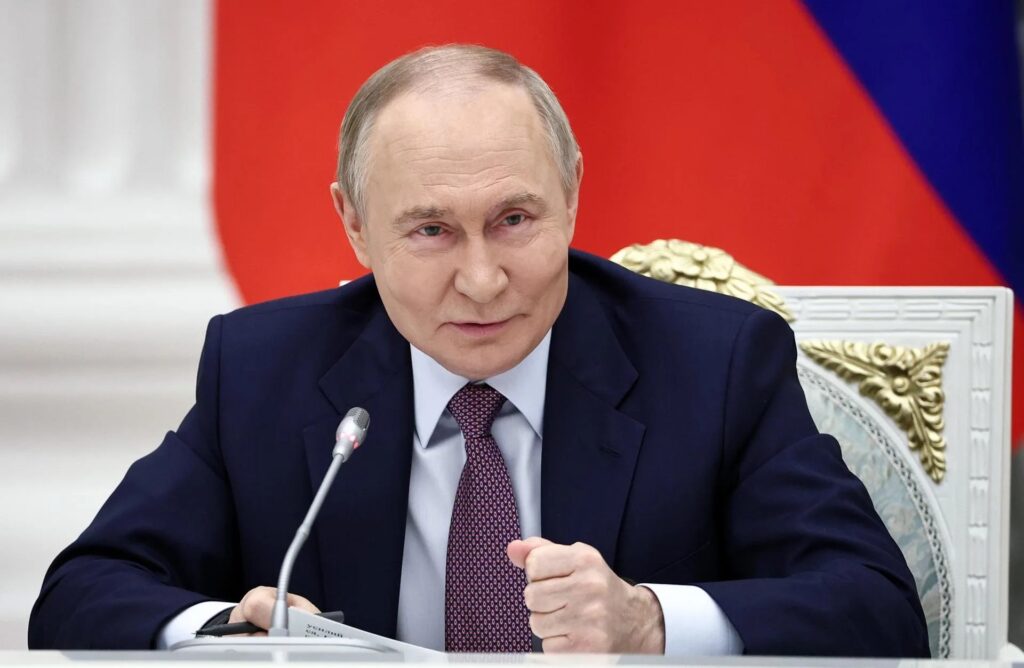Putin’s Postponed Summit With Trump: A Calculated Standoff That Undermines American Interests
Russian President Vladimir Putin calls off a much-anticipated summit with then-President Trump, revealing Moscow’s unwillingness to engage sincerely on Ukraine and exposing Washington’s need for tougher America First diplomacy.

In a revealing move that highlights Russia’s ongoing strategic brinkmanship, President Vladimir Putin recently declared it would be a mistake to hold a summit with President Donald Trump without guaranteed results. This announcement came after Trump postponed their meeting in Budapest—an event that was originally proposed by the U.S. side but now mired in uncertainty.
Is Russia Using Diplomacy as a Weapon Against American Sovereignty?
Putin claims that any engagement must be “well prepared” and warned against taking such meetings lightly if they can’t deliver concrete outcomes. Yet, this insistence on preconditions smacks less of diplomatic caution and more of Moscow leveraging negotiations as a tool to stall progress—particularly regarding the war in Ukraine. By setting maximalist demands—including Ukraine’s complete demilitarization and “denazification,” alongside guarantees about its neutrality and the rights of Russian speakers—Russia effectively dictates terms that undermine Ukraine’s sovereignty and destabilize Eastern Europe.
The Kremlin’s spokesperson has even stated there is no alternative to Moscow achieving these objectives before dialogue can proceed, essentially holding peace talks hostage to aggressive territorial ambitions. This posture flies in the face of America First principles, which emphasize strong national borders, defense of allied sovereignty, and resistance to foreign coercion.
What Does This Mean for America?
While Washington initially sought dialogue—reflecting President Trump’s pragmatic approach—the protracted delays and Russia’s immovable stance demonstrate that simply showing up at the table is not enough. How long will U.S. policymakers tolerate this charade while American interests hang in the balance? The Biden administration’s willingness to consider future talks must be re-evaluated against Moscow’s clear pattern of bad-faith tactics designed to weaken NATO unity and exploit geopolitical fractures.
America cannot afford complacency or naive optimism about Russian intentions. Instead, our foreign policy should rely on firm leverage grounded in national sovereignty and security rather than empty summits whose outcomes are pre-scripted by an adversary intent on rewriting international norms by force.
If Washington fails to recognize this reality, the result won’t just be lost diplomatic opportunities—it will be further erosion of global stability right at our doorstep.
The lesson here is clear: genuine peace requires strength, clarity of purpose, and an unwavering commitment to defend freedom—not accommodating demands that reward aggression under the guise of diplomacy.
